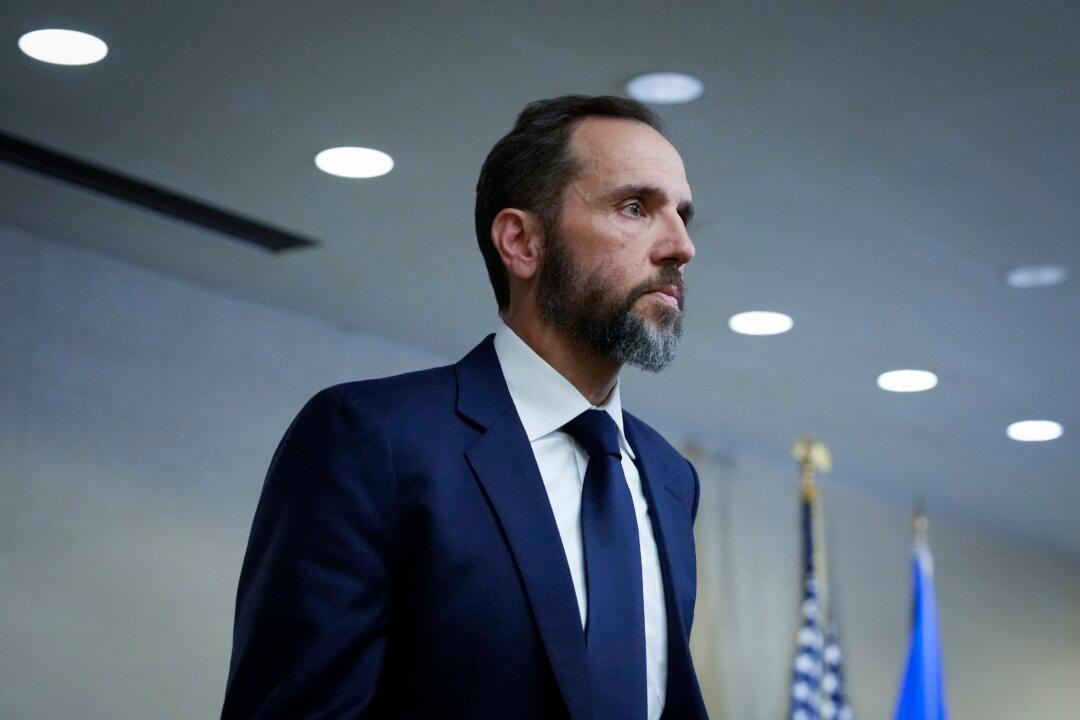Special prosecutor Jack Smith’s office on Feb. 5 opposed a motion by a coalition of local and national news media seeking to intervene in former President Donald Trump’s classified documents case in Florida.
Prosecutors argued that the Press Coalition lacked standing and that their request to unseal certain court records, which might be favorable to the former president’s defense, was already addressed by a previous defense motion.





